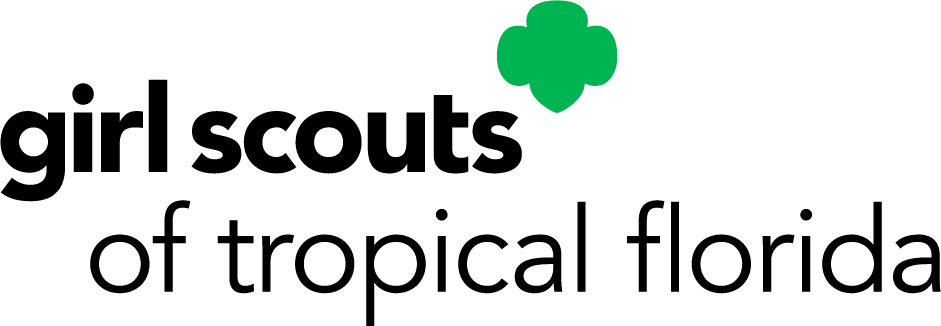Girl Spotlight: Gold Award Girl Scout Kimiko S.
According to the CDC, someone in the United States has a stroke every 40 seconds. In fact, it’s the leading cause of death in Americans today. Yet according to a study cited by the CDC, only 38% of people are aware of major symptoms. 18-year-old Girl Scout Ambassador and future biology major Kimiko S. has set out to change this with her project, “Stroke Awareness and the F.A.S.T. Campaign”.
The campaign, like others, was overhauled as a result of COVID-19, but Kimiko quickly adapted. With multiple moving pieces to the two-part program, both the PSA and school-based learning moved to digital, which ultimately helped Kimiko’s program stand the length of time. Community partners began supporting the effort with PSAs via social media and handouts have now been implemented into the AP Psychology classes at her school.
Kimiko’s passion for science and preventing strategy before it strikes played a major factor in the success of her project. Based upon the impact she’s had on the environment surrounding her, we’re excited to see how she helps to make our community and our world a safer, more informed place in the future.
Tell us about your project
I attempted to raise public knowledge about strokes and their symptoms, specifically in teenagers, by targeting students at my school and in my community. In my school, I worked closely with our school’s science program to integrate the topic into AP Psychology - ultimately reaching nearly 200 students.
Students participated in a nine-week, informative mini-course that I created, consisting of a pre-and-post test, information, and fun activities like word crosses and multiple choice checkpoint quizzes. The school’s college guidance counselor promoted my stroke public service announcement, which emphasized the symptoms of a stroke otherwise known as F.A.S.T. The mayor of Palmetto Bay, Karyn Cunningham, also promoted my stroke PSA which reached a diverse audience throughout the community. The community of Mangowood also promoted the PSA in their monthly featured reaching all homes and residents within the local area.
Tell us how your project will live on past your involvement
The knowledge spread through my public service announcements and student handouts will ensure the longevity of the initiative. My school college guidance counselor and AP Psychology teachers also agreed to use my PSA and handouts for future years.
What gave you the inspiration to approach this topic the way that you did?
When I was brainstorming ideas for my Gold Award Project, I began to think about how I could help my community in a field I was comfortable with, and I love science and medicine. I wanted to spread medical knowledge about strokes, which could be used in unknown situations to take charge and control - potentially saving someone's life. I created the handouts and PSA posts because I did not want my project to become a burden or bore to students. I spread my information in fun, creative ways in order to engage learning.
Why is this project important to you, personally?
I initially learned about the information I spread through lifeguarding courses I have taken since I was a child. I understood the importance of the information and felt this knowledge should be shared with others. When a stroke was revealed to be a possible symptom of COVID-19, I realized that my project had much more meaningful as well. I ultimately wanted to help others through the spread of knowledge.
What was the biggest challenge you overcame and how?
The main obstacle that I faced throughout the project was the ongoing pandemic. Previously, I had planned for my project to take place in school – I would provide handouts for students and brochures for the club meetings. When the pandemic hit, school went virtual, and then it went to a hybrid model. While some in-person learning was still taking place, I still could not implement my project the way it was originally intended. I overcame this by adapting my project to become compatible with online platforms. I turned my handouts into online documents and my PSA posters became social media posts. I spread the PSA posters through the school's college counselor, and it was published in the local community newspaper, which generated hundreds of views. The mayor of Palmetto Bay also posted my PSA on her Facebook account.
How does this project contribute to your goals for the future?
This project incorporates lots of medical knowledge and spreading awareness about this knowledge. I would like to work in the medical field in the future, helping others. This project has only deepened my interest in science and medical knowledge, which I will pursue in college.
What did you learn about your community in this process?
My community is very resilient. Through the global pandemic, my community has evolved in order to keep life stable but still safe.
What did you learn about YOURSELF?
I learned that despite being a high school student in the middle of a pandemic, I could handle pressure and unpredictable situations very well and still succeed.
Girl Scouts has made me a confident woman.

